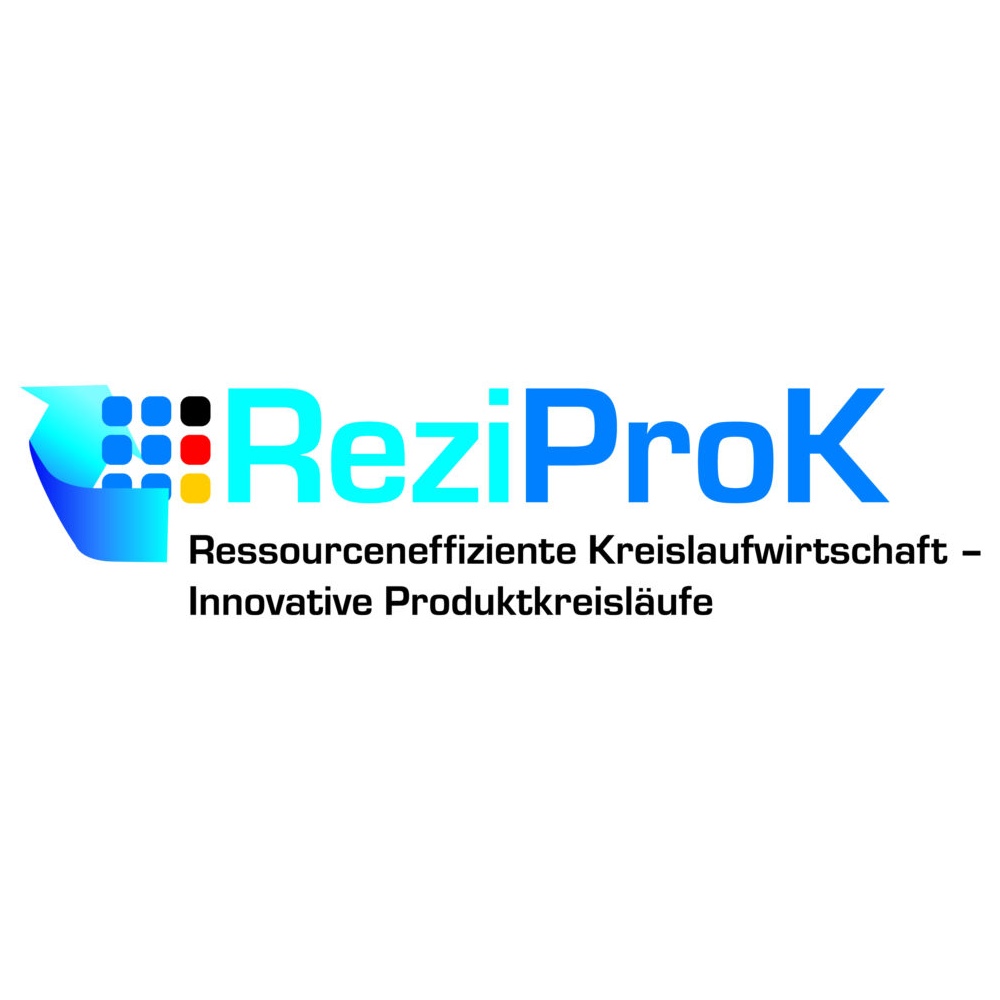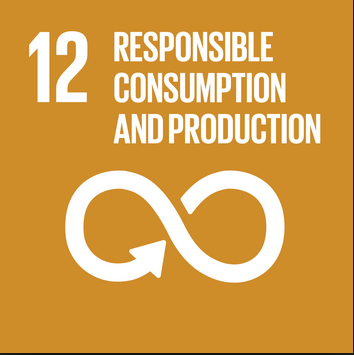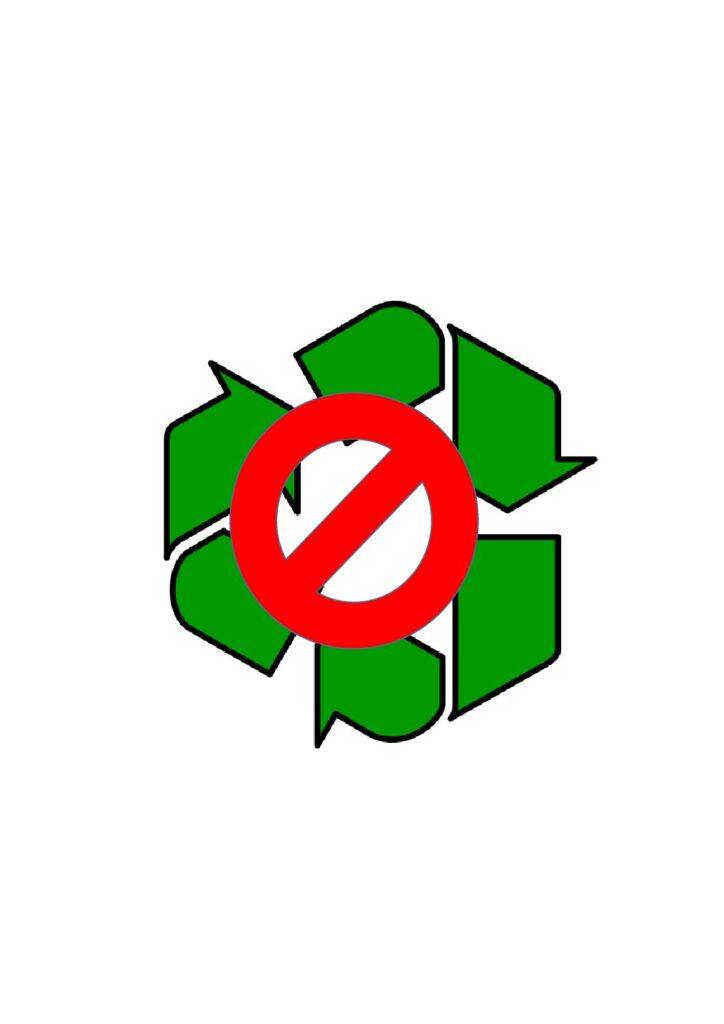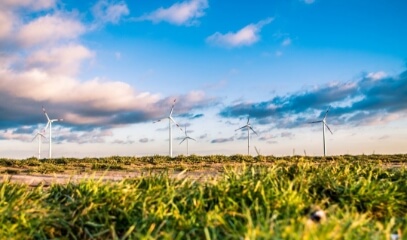Circular economy and toxic-free environment ar two major policy goals, which cannot be reached in combination. We present a study with a holistic view on mass flows of materials from production to waste. The „circular economy“ concept aims at maximizing re-use or recycling of products and materials from the technosphere. Hazardous compounds are among the most prominent obstacles towards this goal. On the other hand, the “toxic-free environment” strategy aims at more and more products without any contaminants. Both goals are part of the 7th Environment Action Plan. Approaching both visions requires a thorough revision of the interfaces between chemicals and waste regulation. There is a legislative tendency to extend the regulatory basis for chemicals into the waste sector to prevent contamination of recycled materials with hazardous substances. In contrary to the hazard dominated classification and labelling of chemicals (CLP), physical properties, aggregate state, exposure scenarios, etc. are part of the risk oriented classification of waste. From the investigation of some practical examples we conclude that in a circular economy risk-based approaches will be necessary also in future. Otherwise, handling waste would become extremely difficult without gaining a higher safety level for workers, consumers, and environment. Moreover, circular economy approaches might be severely hampered at an early stage.



